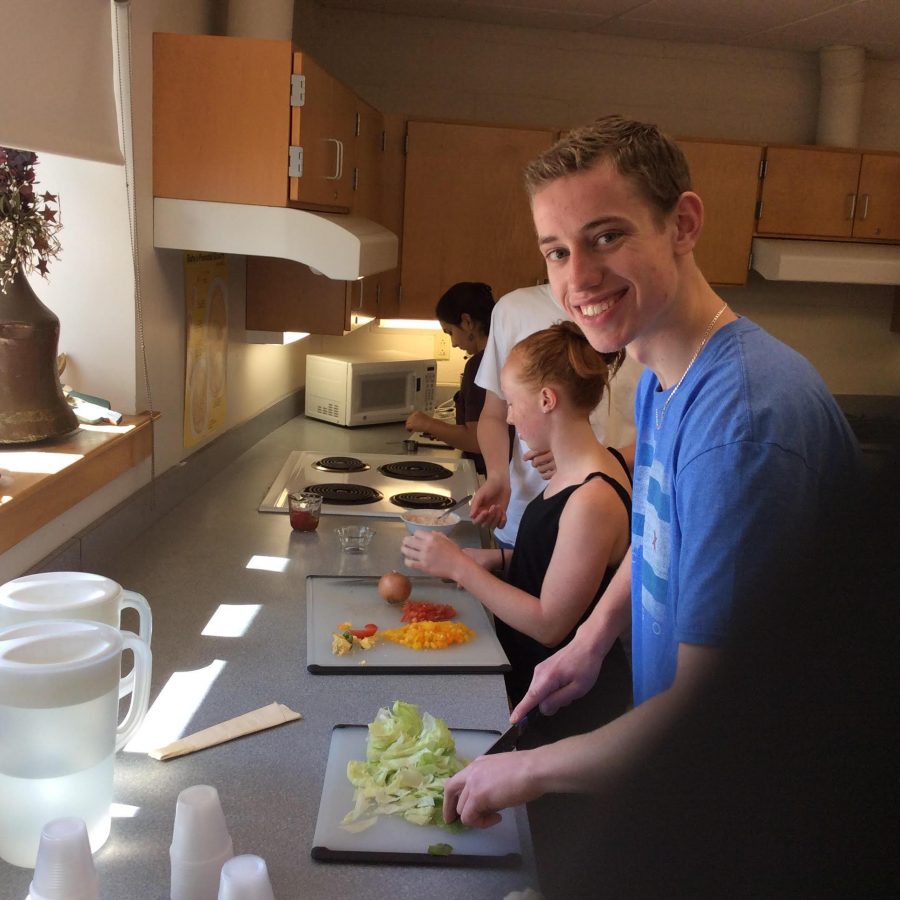With the newly implemented eighth period, students have more room to experience electives that interest them. Since there is more room for electives, Walpole High School should consider adding a culinary program to prepare high school students for life after graduating. The inclusion of a culinary program would immensely benefit students who will shortly be living on their own, as they would learn how to be self-sufficient in a culinary setting.
Stephanie Pollard teaches culinary classes at Medfield High School, where students learn the basic works of a kitchen. Students learn about portion control, nutrition education and kitchen safety throughout the year-long course.
Though students are initially interested in the class to eat what they make, they also receive necessary life skills in the process. Aside from the food aspect, culinary programs allow students to build on social and communication skills, to practice time management skills and to learn to be self aware of food nutrition. For example, if the class was assigned to bake a cake, students have to take all of these skills into account: they need to communicate with other students to share materials, differentiate nutritional options from unhealthy ones by reading food labels and manage the class period allotted for both baking and cleaning up.
Becoming self-sufficient in a kitchen benefits students—especially seniors leaving for college—since they will soon be living on their own and providing for themselves. Along with teaching students the basic necessities of cooking on their own, culinary classes would allow students to make healthier decisions. Aside from the notorious Ramen Noodles and Easy Mac macaroni and cheese that most college students rely on, they need to learn the basics to prepare healthier options. Nutrition education helps students become more aware of the importance of a healthy diet. Rather than only having an overview of nutrition education from one semester of health class, a culinary program would provide students with in-depth information on specific areas of a proper diet.
Students with specific dietary restrictions would also expand their horizons with the help of a culinary program. Those who follow vegan, pescetarian or vegitarian diets can learn alternative recipes that coincide with their diets. They can be further informed of healthy ways to properly apply their diet while getting the right amount of nutrients. Culinary classes provide students with new recipes to accommodate their specific diet and broaden the variety of their typical meals.
To comply with the nature of a culinary program, the class requires specific tools to properly function. The implementation of a culinary program would require basic appliances of a real kitchen setting. Kitchen appliances such as sinks, ovens and refrigerators are crucial for a culinary class to follow safety procedures like cleaning silverware, cooking their dishes properly and being considerate of expiration dates. Culinary tools help students to accomplish their assignments, while teaching them knowledge of necessary appliances to apply to everyday life.
At Medfield, students in college continue to contact Pollard with their successes in the kitchen achieved through the skills learned in their culinary program.
The addition of an eighth period provides Walpole High School the opportunity to include a culinary class. By incorporating a culinary program, students could explore new career paths, prepare themselves for living on their own and execute healthy decision-making in their daily lives.
















